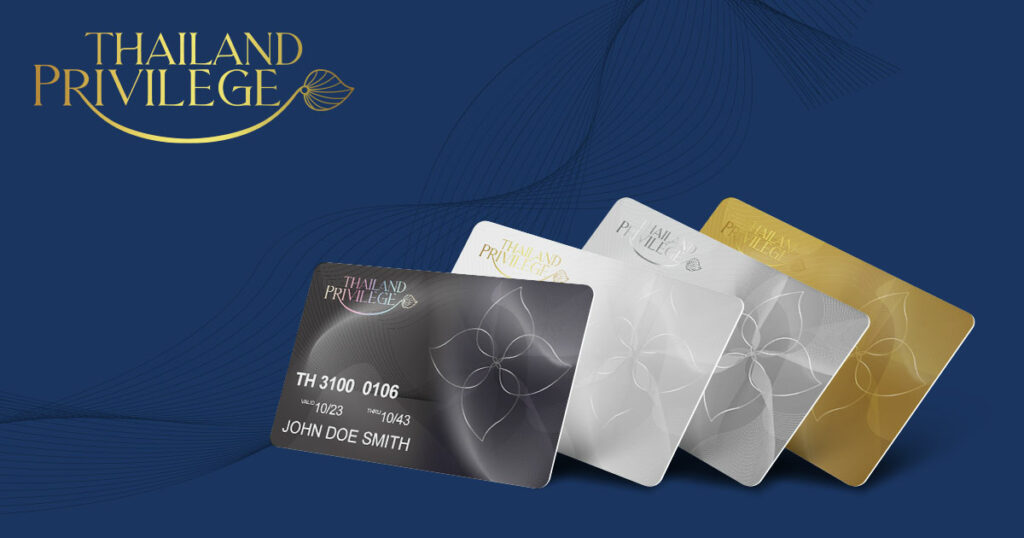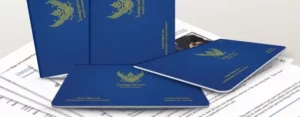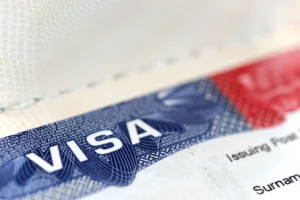Thailand Privilege Visa. The Thailand Privilege program — commonly known in market parlance as the Thailand Elite Visa — is a paid, membership-based long-stay scheme that grants foreigners multi-entry visa privileges together with concierge, lifestyle and immigration facilitation services. It is administered by Thailand Privilege Card Co., Ltd., which operates under the Ministry of Tourism and Sports, and is sold as a government-backed membership rather than a conventional immigration category. This article explains how the program is structured, the membership tiers and what they practically deliver, how the application and issuance process works, key legal and immigration limits, cost-benefit considerations, and operational tips for prospective applicants.
What the program is — nature, legal status and purpose
Unlike residency programs that confer a step toward permanent settlement or employment rights, the Thailand Privilege scheme is essentially a fee-for-service, long-stay visa product. Membership confers a multi-entry visa (the visa stamp is linked to the membership duration), VIP immigration processing at airports, concierge assistance for immigration formalities (such as 90-day reporting), and access to a range of partner lifestyle and medical services. The authorities position the program as a way to attract high-value visitors — retirees, frequent travelers, businesspeople and high-net-worth individuals — who prefer convenience and predictability over standard visa routes.
Membership tiers, validity and headline costs
Membership is tiered. Packages vary in length (commonly between 5 and 20 years for top tiers) and in the scope of benefits and privilege points attached. Publicly-advertised entry-level packages start at a five-year membership (often marketed as Bronze and Gold tiers), with higher tiers offering longer validity and broader lifestyle privileges. Fees change periodically but typical published rates in 2025–2026 show entry-level fees in the mid-hundreds of thousands of Thai baht (e.g., THB 650,000 for Bronze), with higher tiers running into the millions for long tenures or elite service bundles. Some tiers also provide annual “privilege points” that can be redeemed for partner services. Because the program and promotional pricing evolve, applicants should obtain a current fee schedule directly from the operator or an authorized distributor before committing.
Core benefits — what members actually receive
Common benefits across tiers include: a multi-entry privilege visa matching the membership duration (so no routine visa renewal or frequent outbound trips for re-entry required), dedicated arrival and departure fast-track lanes or immigration assistance, concierge and personal-assistant services (covering airport transfers, accommodation bookings, and help with 90-day reporting), discounted and prioritized access to partner hospitals, hotels, golf clubs and lifestyle services, and assistance with administrative tasks (for example, simplified help with visa extensions, if applicable, and liaison services). Higher tiers add more extensive VIP services: complimentary airport transfers, annual health packages, family add-on options, and higher allotments of privilege points. These features are what make the membership attractive to people prioritizing convenience over lower cost.
How the application and issuance process works (practical steps)
The operator conducts a background check and identity screening before final approval. Typical steps are: (1) initial online or agent application with supporting documents (passport copy, proof of funds/identity); (2) background screening and internal approval by Thailand Privilege; (3) payment of the membership fee once pre-approved; and (4) issuance of membership ID and the privilege-visa sticker/stamp coordinated with Thai immigration for arrival. Processing times vary by nationality and completeness of documents; background checks and approvals can take several weeks. In 2025 some program channels waived small application fees or ran temporary promotions — but the acceptance and finalization remain discretionary and subject to security checks.
Limits and important legal realities
There are practical and legal limits to what the membership confers:
-
No inherent right to work. The Privilege visa is not a work permit — members who want to take employment must obtain a separate work visa and work permit under normal immigration and labor procedures.
-
Not equivalent to permanent residence or citizenship. Membership does not automatically convert into permanent residency or naturalization; those remain separate legal tracks with their own conditions.
-
Discretionary admission and renewals. Admission into the program and the continuation of perks depend on compliance with Thai immigration and public-order conditions; membership benefits and tiers can change over time per the operator’s policies.
-
Tax and residency: long stays under the program may create tax-residency consequences. Physical presence and income sourcing rules determine Thai tax obligations; members should consult tax advisors if extended physical presence is intended.
Family membership, promotions and practical add-ons
The program allows family members to be linked to a principal membership for additional fees; operators periodically run promotional rates for family add-ons. In 2025 there were time-limited family promotions that materially reduced add-on fees for certain tiers — illustrating that pricing and family rules fluctuate and that applying during promotion windows can lower the effective per-person cost. Always check promotion codes, eligibility windows and who qualifies as a dependent (spouse, children, parents) under the current rules.
Cost-benefit considerations — who should apply?
The program’s value depends on a traveler’s profile. The fee-for-convenience model is attractive when:
-
you make multiple long visits to Thailand annually and value time saved at arrival/departure;
-
you prize concierge/lifestyle services and partner network access; or
-
you prefer the administrative convenience around immigration formalities (assisted 90-day reporting, a single membership document instead of multiple visa renewals).
By contrast, if your goals are employment, lower-cost long-term residence, or a pathway to settlement, other visa categories (work, investment, LTR/permanent residency) may be more appropriate. Factor in total cost per year (membership fee divided over years of validity), tax residency effects of prolonged stays, and whether family members require separate payments.
Operational tips and risk management
-
Verify current fees and terms directly with the operator and request the full membership contract and refund/transfer terms in writing. Promotions can change, and small print matters (e.g., non-refundability).
-
Check immigration interactions in practice — ask whether the member service will assist with 90-day reporting and how often they will liaise with Thai immigration on your behalf.
-
Tax planning: if you intend to spend many months each year in Thailand, consult a Thai tax adviser to model potential residency and reporting obligations.
-
Family scenarios: if you plan to include dependents, calculate the total family cost under current add-on pricing and check eligibility windows for promotional rates.
-
Work and business activities: do not assume membership substitutes for work authorization — secure proper work permits before undertaking employment or commercial activities.
Conclusion — where Privilege fits into long-stay planning
The Thailand Privilege membership is a premium, convenience-focused route for extended multi-entry stays in Thailand. It is best suited to those who value concierge services, frequent re-entry without repetitive visa administration, and lifestyle benefits. It is not a shortcut to employment or to formal settlement rights. Prospective applicants should conduct a total-cost analysis (including family members), confirm current tier benefits and promotions with the operator, and seek immigration and tax advice if they plan extensive, recurrent physical presence in Thailand.




